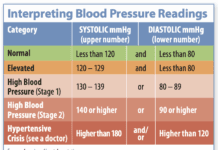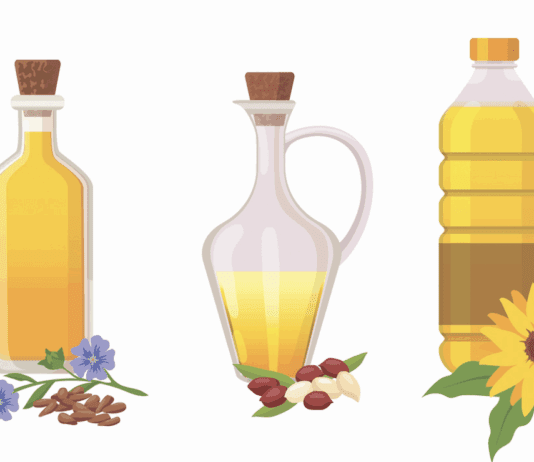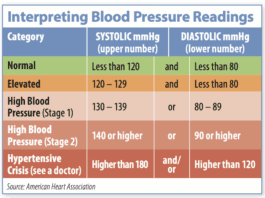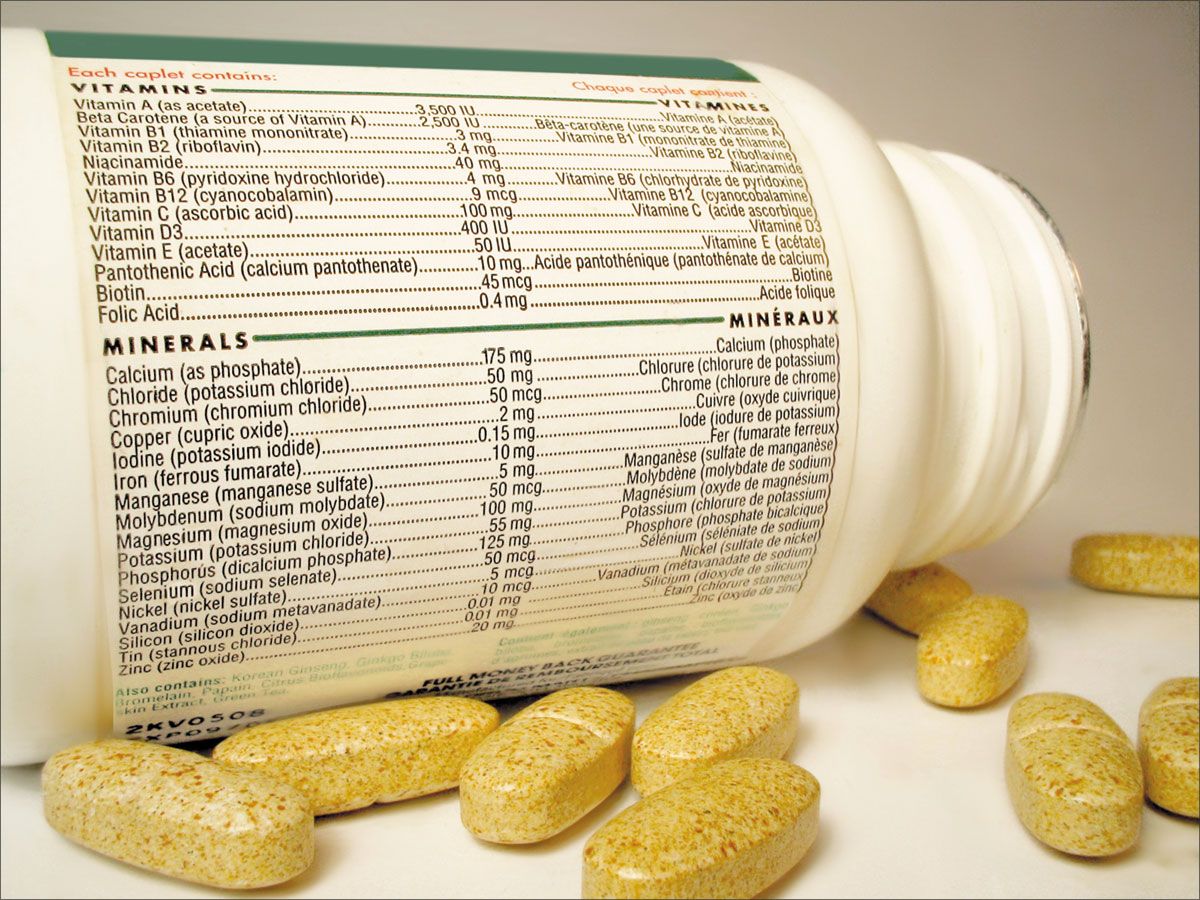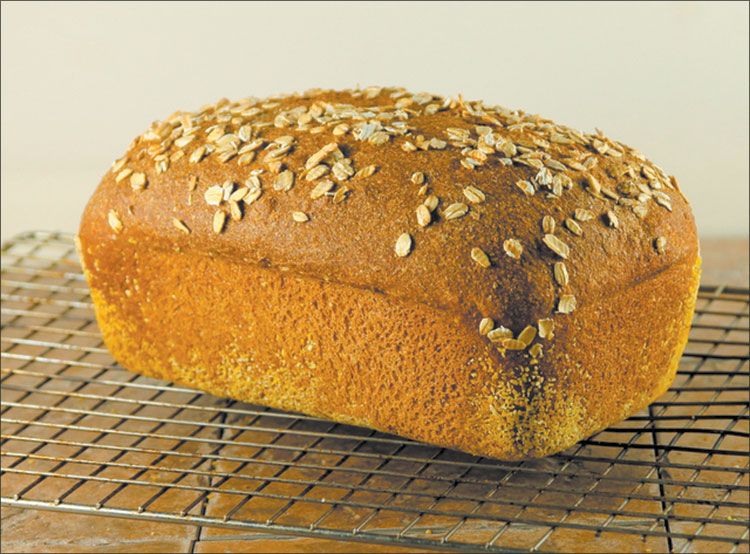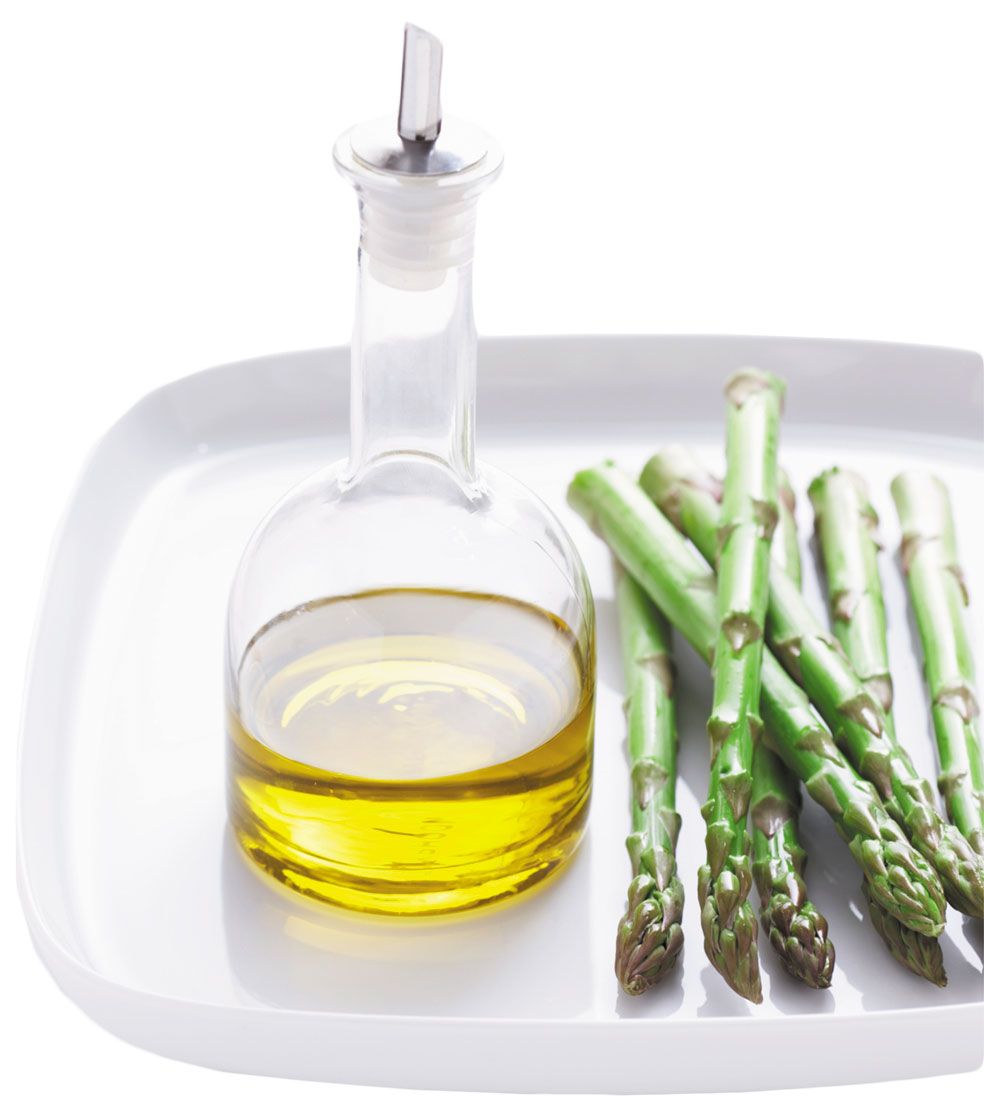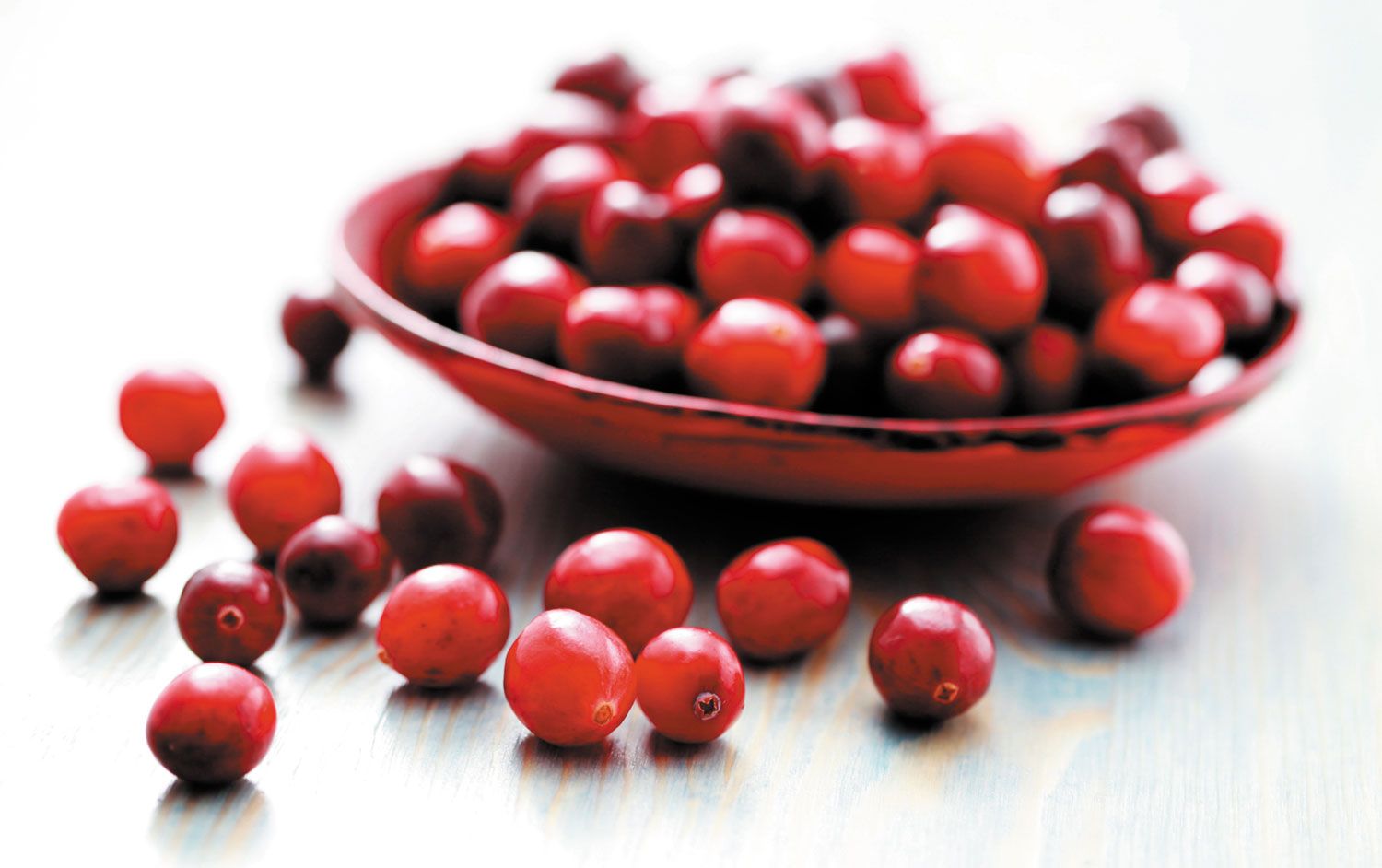Does Your Diet Deliver Too Much Phosphorus?
Phosphorus, a mineral found in foods such as meat and milk, is important for forming bones and teeth, making proteins for healthy cells, and transporting cellular energy. But too much of a good thing can be harmful among people with kidney disease, and a new study suggests excess phosphorus consumption is associated with increased mortality risk, even in people with normal kidney function.
Are You Really Benefiting from Your Multivitamins?
Youve seen the TV commercials. A daily multivitamin supports heart and breast health, boosts your immune system and protects your eyes. A smiling couple feel pretty darned smart after learning that a study showing multivitamins reduce cancer risk used the very brand shes been making him take.
New Questions About Benefits from Vitamin D Beyond Bones
If youve been popping vitamin D supplements for benefits beyond bone health-such as preventing heart disease, cancer or diabetes-its too soon to know if those pills are really doing you any good. Thats the lesson, experts say, from a sweeping new review of 290 observational studies and 172 randomized trials of vitamin D, chronic disease and mortality. Although vitamin D deficiency was associated with a variety of health problems in the observational studies, the trials in which participants were actually given extra vitamin D failed to prove a benefit.
Rx for Combating Chronic Conditions: Exercise
A potentially life-saving prescription for fighting heart disease, diabetes and stroke could be as close as those walking shoes gathering dust in your closet. According to an unusual new study, the benefits of exercise in reducing mortality from those leading causes of death match or even exceed the effects of prescription drugs for the same conditions. Patients with heart disease who exercised, for instance, had the same odds of surviving the condition as those given medications such as statins or antiplatelet drugs.
Q. Ive read conflicting reports on the effects of alcohol on bones. Assuming one...
A. Katherine L. Tucker, PhD, a professor at the University of Massachusetts-Lowell and adjunct professor at Tufts Friedman School, answers: It has long been...
The Truth About the War on Wheat
If you believe the bestseller lists, the biggest bad in the supermarket aisles is not fat or sodium or sugar but wheat. Its not just the booming popularity of gluten-free products, which are important for the small percentage of people diagnosed with celiac disease but whose benefits for the general population are questionable. (For a full discussion of the pros and cons of gluten-free products, see our October 2013 Special Report.) Bestselling books have warned that wheat consumption is a key contributor to abdominal fat (wheat belly), as well as triggering diseases ranging from diabetes to autism, and that eating wheat is linked to Alzheimers, depression, headaches, epilepsy and ADHD.
10 Keys to Cardiovascular Health
When the American College of Cardiology and American Heart Association released new guidelines for preventing cardiovascular disease in November, the headlines all focused on their controversial recommendations for statin use. Almost lost in the coverage was another set of ACC/AHA recommendations, which looked at diet and physical activity rather than drugs for reducing cardiovascular risk. Whether your physician has prescribed statin medications or not, these Lifestyle Management Guidelines can help protect your heart.
Active Leisure Improves Heart Health and Longevity
How you spend your free time may affect how much life time you have to spend. While nothing beats regular exercise, a new Swedish study reports that older adults who are more active in their leisure time were less prone to cardiovascular problems and lived longer than their sedentary peers. The benefits were seen regardless of whether the seniors also engaged in vigorous exercise.
Protecting Your Heart Also Better for Your Bones
You might not think that eating smart for your heart would have anything to do with also protecting your bones. But a new study finds that following the American Heart Associations diet and lifestyle recommendations is also associated with better bone health.
Cranberries: Theyre Not Just for Thanksgiving Anymore
If you think of cranberries as strictly Thanksgiving fare, you're missing out on the unique health benefits of this tart red fruit. "The profile of cranberries' biologically active constituents is distinct from that of other berry fruit," says Jeffrey B. Blumberg, PhD, director of Tufts' HNRCA Antioxidants Research Laboratory. Blumberg and colleagues recently authored a comprehensive review of cranberries' bioactive compounds and their effects on human health, published in Advances in Nutrition.















